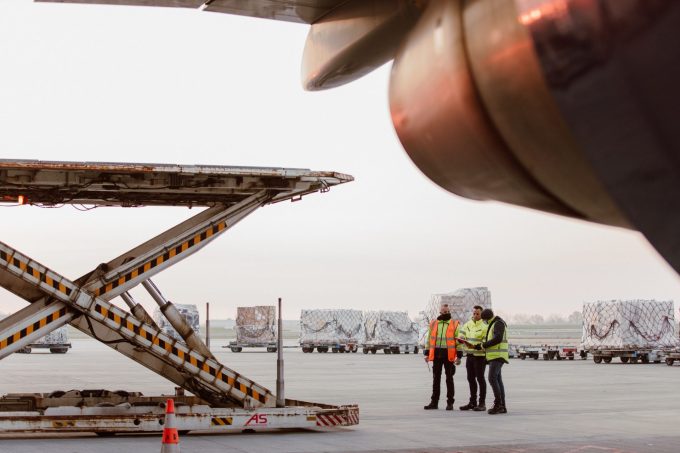Airfreight rates ex-Dhaka plummet post-holiday, alongside demand
Airfreight rates have generally begun to ease off as volumes lower following the holiday period ...
GXO: NEW PARTNERSHIPKNIN: MATCHING PREVIOUS LOWSEXPD: VALUE AND LEGAL RISKMAERSK: DOWN SHE GOESVW: PAY CUTFDX: INSIDER BUYXOM: THE PAIN IS FELTUPS: CLOSING DEALSGXO: LOOKING FOR VALUEXOM: LNG PARTNERSHIPXPO: UNDER PRESSUREDSV: GAUGING UPSIDEAAPL: 'NOT ENOUGH'AAPL: SMART RACELINE: NEW LOW AMZN: NEW INVESTMENT
GXO: NEW PARTNERSHIPKNIN: MATCHING PREVIOUS LOWSEXPD: VALUE AND LEGAL RISKMAERSK: DOWN SHE GOESVW: PAY CUTFDX: INSIDER BUYXOM: THE PAIN IS FELTUPS: CLOSING DEALSGXO: LOOKING FOR VALUEXOM: LNG PARTNERSHIPXPO: UNDER PRESSUREDSV: GAUGING UPSIDEAAPL: 'NOT ENOUGH'AAPL: SMART RACELINE: NEW LOW AMZN: NEW INVESTMENT

Success begets success: certainly in the case of Liege Airport (LGG), which in a fairly short timeframe has become a leading cargo airport in Europe.
The airport said today it had set a new record in 2024, with November movements up 12.6% year on year, while tonnage was up 16%, to 112,106 tons.
Torsten Wefers, VP sales & marketing, added: “Liege Airport’s cargo community has demonstrated exceptional performance throughout the year, supporting the unique growth path of LGG, and the outlook for 2025 is very encouraging.”
The number of airlines flying to Liege has grown by 20% this year, with 49 freighter operators using the airport regularly. Nearly 60 logistics companies are based nearby, in an area which had previously been something of a ‘closed shop’ for forwarders, with difficulties entering the market there.
Liege said growth had been driven by demand from Asia, rather than exports. According to Rotate’s capacity database, aircraft capacity at LGG, in tonnes, for flights originating in Europe were up 14.8% last month over 2023, and up 13.9% year-to-date. However, flights into Liege saw capacity fall 1.4%, year-to-date.
There is no doubt that freighter operators and shippers like using Liege, which is exacerbated by its focus on inbound ecommerce. Willum Van den Hoogen, MD of flower shipper Florius International, told The Loadstar in September “the more flights the better”, to ensure backhaul capacity.
“Air cargo is a global business, and you need both inbound and outbound shipments. If you want to ship automotive, machinery and/or e-commerce goods from Europe to South Africa, you will bring flowers back as return cargo.
“Because there is growth, and more carriers are choosing Liege, there is also an incentive to bring these carriers in.”
He added: “Compared with other hubs, Liege is a relatively young airport. What’s great is its almost exclusive focus on cargo. If the community continues to focus on how they can effectively cater to various verticals and connect incoming and outgoing streams, much will be possible, and more carriers may come and even relocate to a hub like Liège.
“Hubs benefit when supply and demand become more concentrated. Liege certainly has the space to expand.”
This has been in direct contrast to nearby Schiphol, which has faced the threat of slot reductions, as well as landing fee increases.
Comment on this article